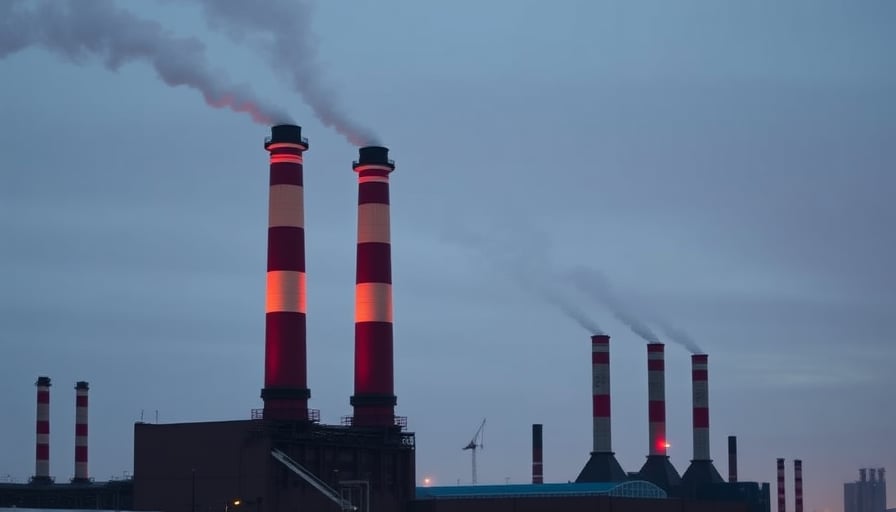Corporate News
Evonik Industries AG published its consolidated financial results for the third quarter of 2025 on 4 November 2025. The German specialty‑chemicals manufacturer confirmed that it does not expect a short‑term recovery in demand. The announcement came amid a broader set of pressures that are currently shaping the specialty‑chemicals sector, including U.S. tariff policy, a subdued European economic environment, and the continuing downturn in the Chinese real‑estate market.
Financial Highlights
The company reported a decline in operating profit for the quarter, and its management reiterated that the lack of a demand rebound will persist in the near term. While detailed figures were not provided in the briefing, the consensus among analysts is that the earnings miss relative to the prior year was driven by higher input costs and weaker sales in key growth regions. The company’s guidance for the fourth quarter reflected similar caution, citing uncertainty in the macro‑environment and a lack of clear demand signals from major customers.
Market Context
U.S. Tariff Policy The United States has continued to impose tariffs on a range of specialty chemicals, affecting both raw‑material suppliers and end‑users. These trade measures raise the cost of production for companies that source inputs or sell finished products in the U.S., compressing margins and reducing the attractiveness of German specialty‑chemicals exporters.
European Economic Outlook Europe’s economic growth has slowed in recent months, driven by weak consumer confidence, higher energy prices, and ongoing supply‑chain disruptions. Industrial production has been sluggish, leading to subdued demand for specialty chemicals that are used as additives, coatings, and intermediates in manufacturing.
Chinese Real‑Estate Market The Chinese real‑estate downturn has had a ripple effect across the specialty‑chemicals market. Construction projects, a major consumer of polymers, paints, and other specialty inputs, have been scaled back or delayed, creating excess supply and downward pressure on pricing.
Share‑Price Reaction
In the days preceding the earnings announcement, Evonik’s shares traded near the low end of their intraday range, reflecting market skepticism about the quality of the reported results. Following the release, the stock declined modestly, and the broader German market opened weakly on the day. The price movement underscored a cautious sentiment among investors regarding the company’s near‑term prospects.
Competitive Positioning
Evonik remains a leading player in the specialty‑chemicals arena, with a diversified portfolio that spans adhesives, coatings, and advanced materials. Nevertheless, the company faces increasing competition from both established peers and emerging players in lower‑cost markets. Its ability to maintain profitability will hinge on:
- Cost Management – Optimizing production efficiency and leveraging economies of scale.
- Product Innovation – Developing high‑value, differentiated products that command premium pricing.
- Geographic Diversification – Balancing exposure to volatile regions through a balanced portfolio of markets.
Broader Economic Implications
The challenges highlighted by Evonik’s results are emblematic of the broader economic forces at play in the specialty‑chemicals sector. Trade policy uncertainties, regional economic slowdown, and sector‑specific downturns (such as real‑estate) create an environment of heightened volatility. Companies operating in this space must therefore adopt adaptive strategies that can withstand fluctuating demand and protect margin integrity.
Conclusion
Evonik’s latest quarterly report illustrates the continued pressure on the specialty‑chemicals industry from macroeconomic and trade‑related headwinds. The company’s cautious outlook, coupled with a modest share‑price decline, signals that investors are closely monitoring how well the firm can navigate these external challenges. Maintaining a robust competitive stance through cost discipline, product innovation, and geographic diversification will remain critical for sustaining performance in the face of persistent uncertainties.
